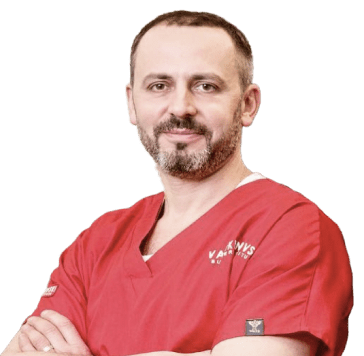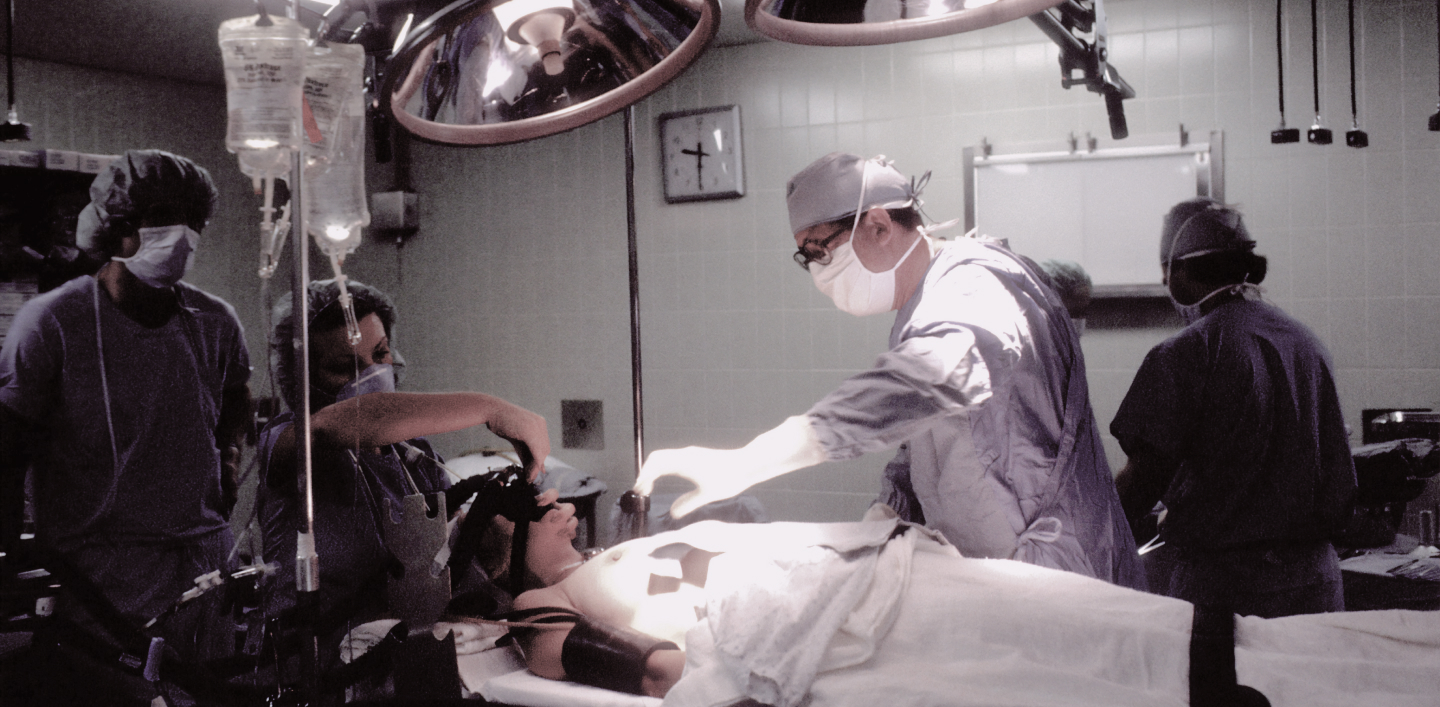

The issue of emergency care arises in cases of severe, critical conditions that are accompanied by or related to: pain, respiratory and/or cardiac disorders, loss of consciousness, allergic reactions, injuries, bleeding, fever, poisoning.
Emergency medical care is provided at different stages (pre-medical, pre-hospital), and inpatient care is qualified, specialized and highly specialized.
Emergency care is usually performed using specialized tools and technologies, such as cardiopulmonary resuscitation, intensive care under the control of monitors of cardiac electrical activity, blood oxygen saturation and other instrumental and laboratory indicators, if necessary. This allows the doctor to accurately determine the nature of the disorder and provide appropriate emergency medical care. Special equipment allows medical interventions to be performed with minimal damage to surrounding tissues.
Timely and properly provided emergency medical care allows patients to return to normal life and maintain or restore its quality.





If needed, our doctors provide consultations not only in Ukraine but also worldwide, both at our clinic in Kyiv and online through prior appointments. Comprehensive diagnostics, treatment, and prevention are offered.
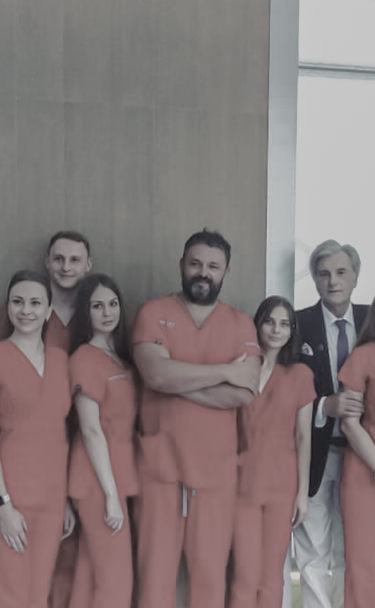
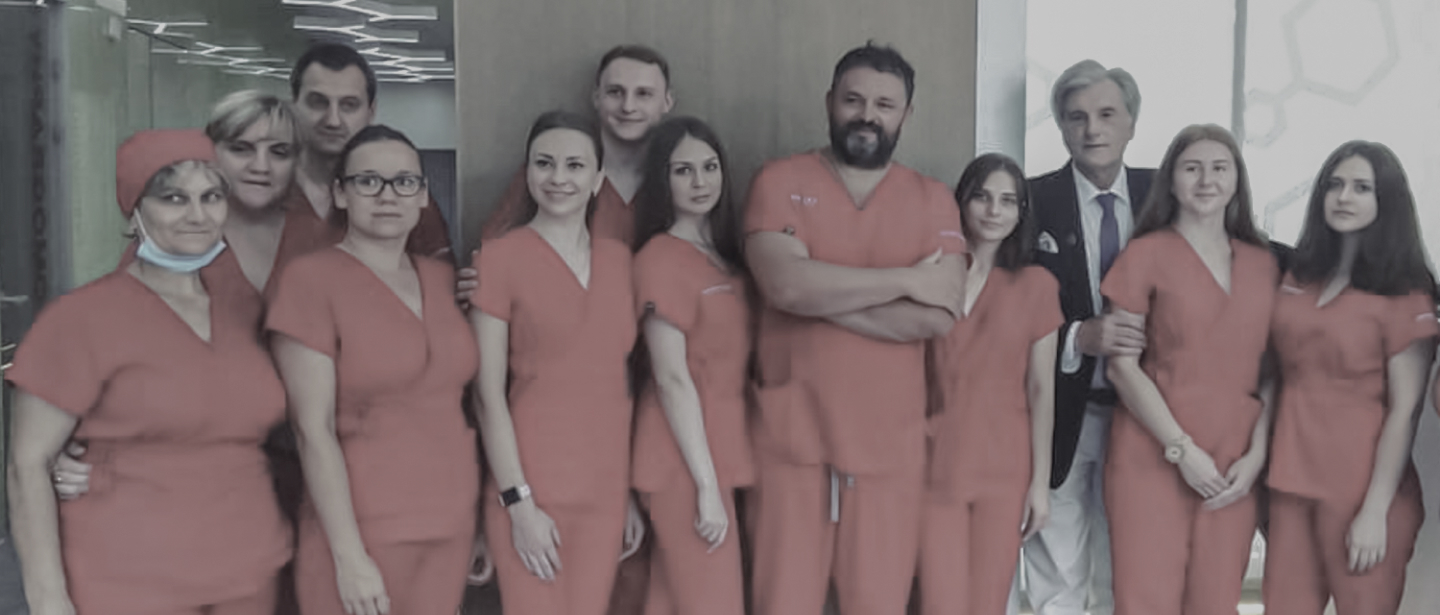
Years of experience
Patients
A modern clinic in the center
Successful operations
Unique surgical techniques
Branch of surgery
Units of the latest equipment
Charitable surgical assistance
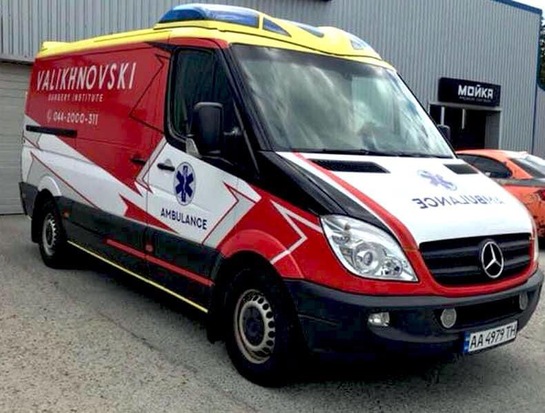
You should promptly consult regarding emergency condition if you experience the following symptoms:



An emergency consultation includes:


interview (the doctor asks about complaints, learns about medical history and life)
external clinical assessment (the patient will be thoroughly examined, palpated, all altered areas and the condition of each organ system will be examined)
laboratory examination (both general clinical tests and special tests)
instrumental examination (to determine both the general condition of the body and those areas where changes have developed)
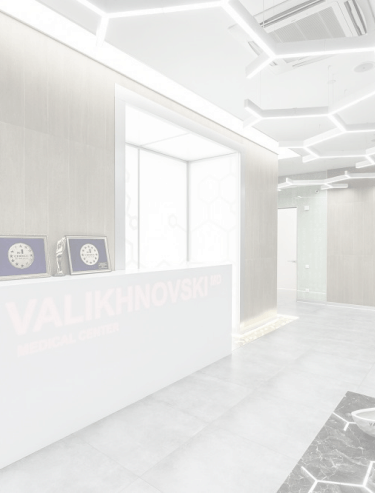

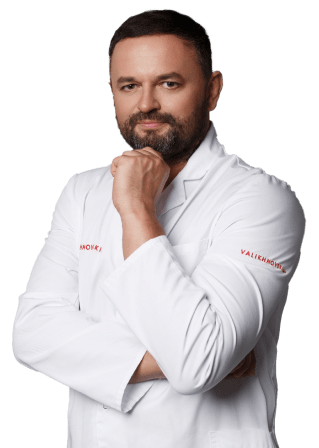






if you are taking any medications, inform your doctor and agree with him/her (it may be necessary to limit them or change the dosage or regimen)
follow the doctor's prescriptions regarding diet, water and drinking regime and do not drink alcoholic beverages - so that the body reacts more adequately and predictably to the measures taken
immediately before providing emergency care –
- remove removable objects (piercing jewellery, dentures) from the mouth and face to prevent them from accidentally getting into the respiratory system or interfering with diagnostic and treatment measures during medical care;
- remove other items (contact lenses, hearing aids, jewellery, etc.) to prevent accidental injury to the body and to prevent them from deteriorating
- remove cosmetic products (make-up, nail polish, false nails) from the body to facilitate visual assessment of the body condition and automated registration with the help of medical equipment
- change into special clothes
In addition, other preparatory measures may be taken, taking into account individual characteristics of the body and the specifics of the medical intervention.

The main stages:



to the intensive care unit, surgery or intensive care either on a gurney or escorted on foot. At the gateway, they put on a medical cap and shoe covers (to protect against microorganisms entering the air of the operating room)
are performed by a team of specialists of a certain composition, taking into account the specifics of each case
or operating table (depending on the specifics of the clinical situation, the body position may vary), and secured to it with special straps to prevent accidental spontaneous movements that would interfere with emergency measures, as well as to prevent accidental falls
install a catheter to administer the necessary drugs, place electrodes on the body, put a blood pressure cuff on the shoulder and a sensor on the finger to determine the oxygen content in the blood, etc. All this is necessary for continuous monitoring of the body's condition during emergency care
the area of the body where the intervention is carried out, and the specifics of the chosen tactics, techniques
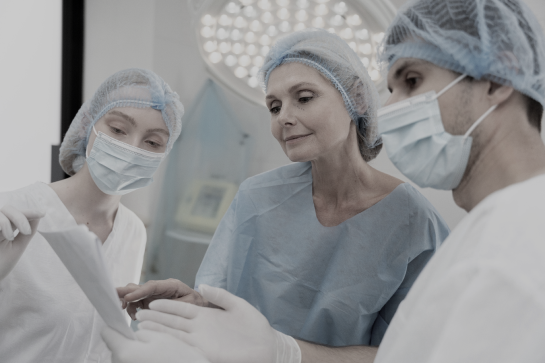
After emergency treatment, the patient is placed in an intensive care unit for resuscitation, intensive care and observation. If necessary, oxygen may be administered through a thin tube to ensure that the body has enough oxygen. The nurse will carefully monitor the patient’s condition and, if necessary, administer medications agreed with the doctor.
Before the patient returns home, the doctor will examine the patient, agree on the tactics of further rehabilitation, and give additional advice.






Emergency care is needed in case of severe pain, breathing problems, heart problems, loss of consciousness, allergic reactions, injuries, bleeding, fever, poisoning.
Most often, emergency care is required for acute cardiovascular diseases, respiratory disorders, injuries, acute poisoning, stroke, critical disorders of internal organs.
We use X-ray computed tomography (CT), magnetic resonance imaging (MRI), angiography, pulse oximetry, ultrasound, electrocardiography (ECG), electroencephalography (EEG), resuscitation, intensive care, anaesthesia, oxygen therapy, cardiac defibrillation and other methods.
The emergency team usually consists of an ambulance doctor and his/her assistants and a driver (in cases of an out-of-town visit). In specific cases, the team may be supplemented by narrow-profile specialists, such as a resuscitator, cardiologist, traumatologist, etc. depending on the clinical situation.
For the safety of patients, we use sterile medical equipment, ensure compliance with hygiene standards in the premises, carefully follow medical protocols and standards.
The guarantee for the results of emergency care applies to medical consumables and equipment. It guarantees the provision of emergency medical care services in accordance with modern medical advances, the high level of qualification of the clinic’s specialists and the technical equipment of the clinic. The final clinical effect is influenced by many factors that depend not only on the doctor and the clinic, such as individual characteristics of the body, lifestyle, environmental conditions, and other factors.


